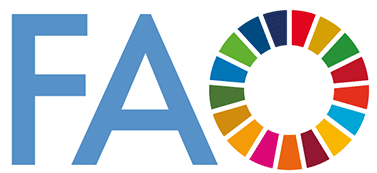Inequalities in access to healthcare in agricultural communities of Riobamba
Abstract
Inequalities in access to healthcare services for residents in the agricultural rural communities of Riobamba represent a blatant violation of their right to live in a healthy and balanced environment. Limitations in these services increase the prevalence of diseases and injuries among workers, reduce the availability of skilled labor, and affect productivity and food security. The conducted research thoroughly analyzed this phenomenon using a mixed methodology that combined quantitative and qualitative approaches, applying historical-logical, analytical, and systematic methods. The findings revealed that inequality manifests through prejudices based on physical appearance, age, culture, and ethnicity, creating a hostile and exclusionary environment. The main conclusion of the research highlighted the urgent need to implement concrete measures to combat inequality in access to healthcare services. Mandatory training for healthcare professionals is essential to sensitize them about the importance of inclusive and equitable care. A cultural transformation among public health sector professionals is required to promote respect for diversity and ensure full access to the highest quality services for all citizens, regardless of their origin or social condition. This will enhance the availability of agricultural workers, increase productivity, and improve the quality of life in these communities.
Keywords: Cultural transformation, inequalities, rural health.
Downloads
Published
How to Cite
Issue
Section
License
Copyright (c) 2024 Agroecosystem Transformation Journal

This work is licensed under a Creative Commons Attribution-NonCommercial-NoDerivatives 4.0 International License.
La editorial "Universo Sur", de la Universidad de Cienfuegos, publica el contenido de la Revista Científica Agroecosistemas bajo una Licencia Creative Commons Atribución-NoComercial-SinDerivar 4.0 Internacional.
© Podrá reproducirse, de forma parcial o total, el contenido de esta publicación, siempre que se haga de forma literal y se mencione la fuente.







